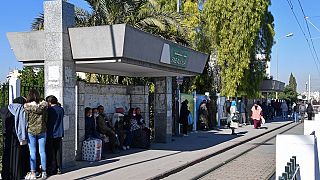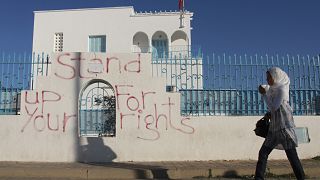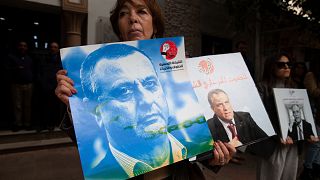Tunisia
The outgoing IMF country chief for Tunisia said that the economy of the north African state needs "deep reforms" such as drastically reducing its vast public wage bill.
Approaching the end of his three year term, Jerome Vacher added that the pandemic had created the deepest recession since Tunisia's independence in 1956.
"The country had pre-existing problems, in particular budget deficits and public debt, which have worsened in recent years. External deficits have also been persistent in previous years and, above all, growth has been weak and largely insufficient", said Vacher.
Growth dropped by almost 9% of GDP in 2020, in 2021 it only recovered by 3%. Unemployment remains high at over 18%.
The IMF envoy believes that the country's economy needs deep structural reforms.
"It's an economy that needs very deep, structural reforms, especially to improve the business environment. But it also requires a correction of macroeconomic imbalance, an improvement of the budgetary situation and a deep reform of public enterprises", according to the IMF representative.
Tunisian President Kais Saied sacked the government and suspended parliament in July last year.
The government has since asked the IMF for a bailout package, the fourth since the revolution.













01:36
Migration and refugee policies key to economic growth, Say UN and IMF experts
Go to video
The EU moves to fast-track asylum claims by migrants from 7 countries to speed deportation
00:47
IMF Approves $1.2 Billion Disbursement for Egypt Amid Economic Reforms
Go to video
WTO and IMF warn of global trade disruptions a new U.S. tariffs
Go to video
Senegal: IMF calls for immediate reforms to address budget irregularities
01:15
Tunisian President Saied dismisses prime minister amid political tensions